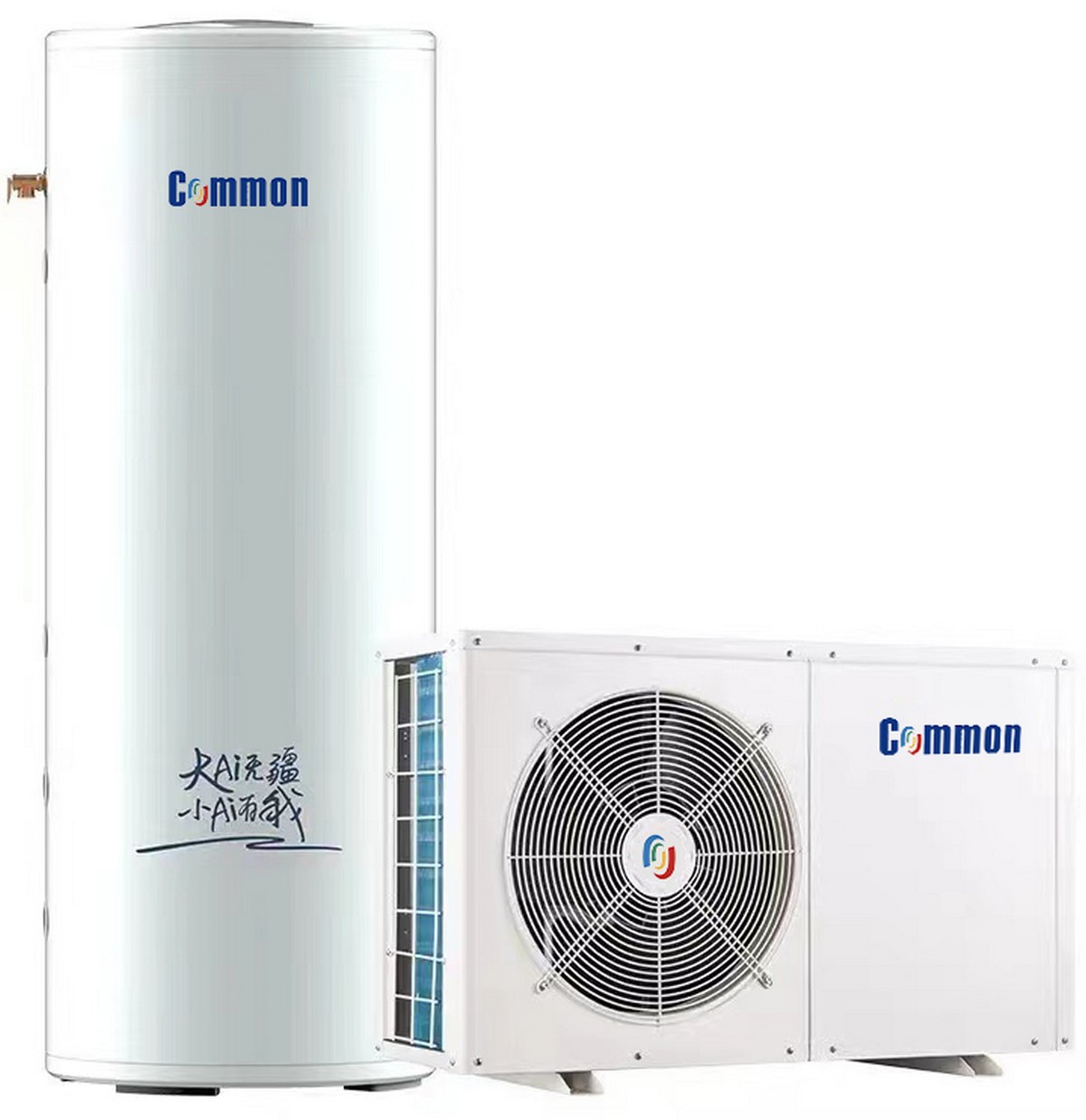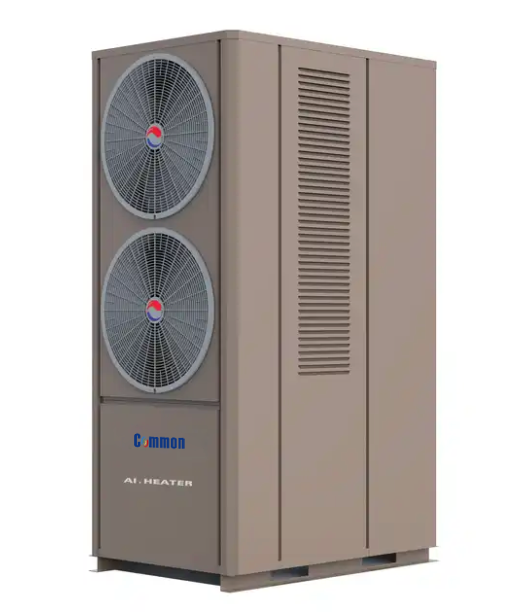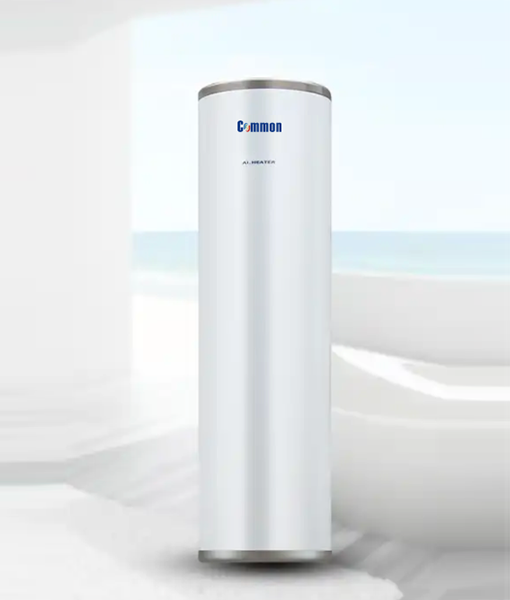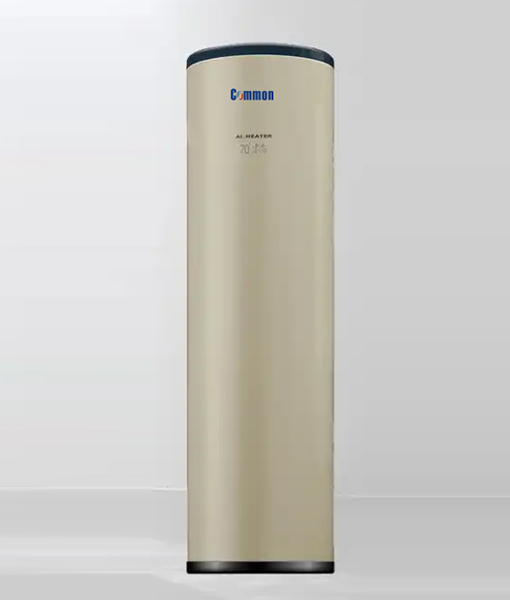As energy costs continue to rise and environmental concerns intensify, homeowners and businesses are seeking more efficient, sustainable solutions for heating and hot water. An energy-efficient heat pump has emerged as a game-changer, offering an innovative alternative to traditional heating systems. By harnessing the energy in the air, these systems provide superior efficiency while reducing both carbon emissions and energy consumption.
How Energy-Efficient Heat Pumps Work
At the core of an energy-efficient heat pump is its ability to transfer heat from the outside air into a building. Even when temperatures are low, the system extracts heat from the air and compresses it to provide warmth for the indoor space. This process is far more efficient than conventional electric or gas heating systems, delivering up to 4 times more heat energy than the electricity it consumes.
Benefits of Energy-Efficient Heat Pumps
Energy Savings
Heat pumps can provide 3-4 kWh of heat for every 1 kWh of electricity consumed, significantly improving energy efficiency. This means lower energy bills and a smaller environmental footprint.
Environmental Impact
Unlike fossil fuel-based heating methods, energy-efficient heat pumps do not emit harmful carbon dioxide. They utilize renewable energy from the air, making them an eco-friendly alternative to traditional systems.
Energy-efficient heat pumps offer a sustainable and effective way to heat homes and commercial buildings while lowering energy costs. By adopting this technology, users can enjoy optimal indoor comfort, reduce their carbon footprint, and contribute to a greener planet.
0086-13688976599








